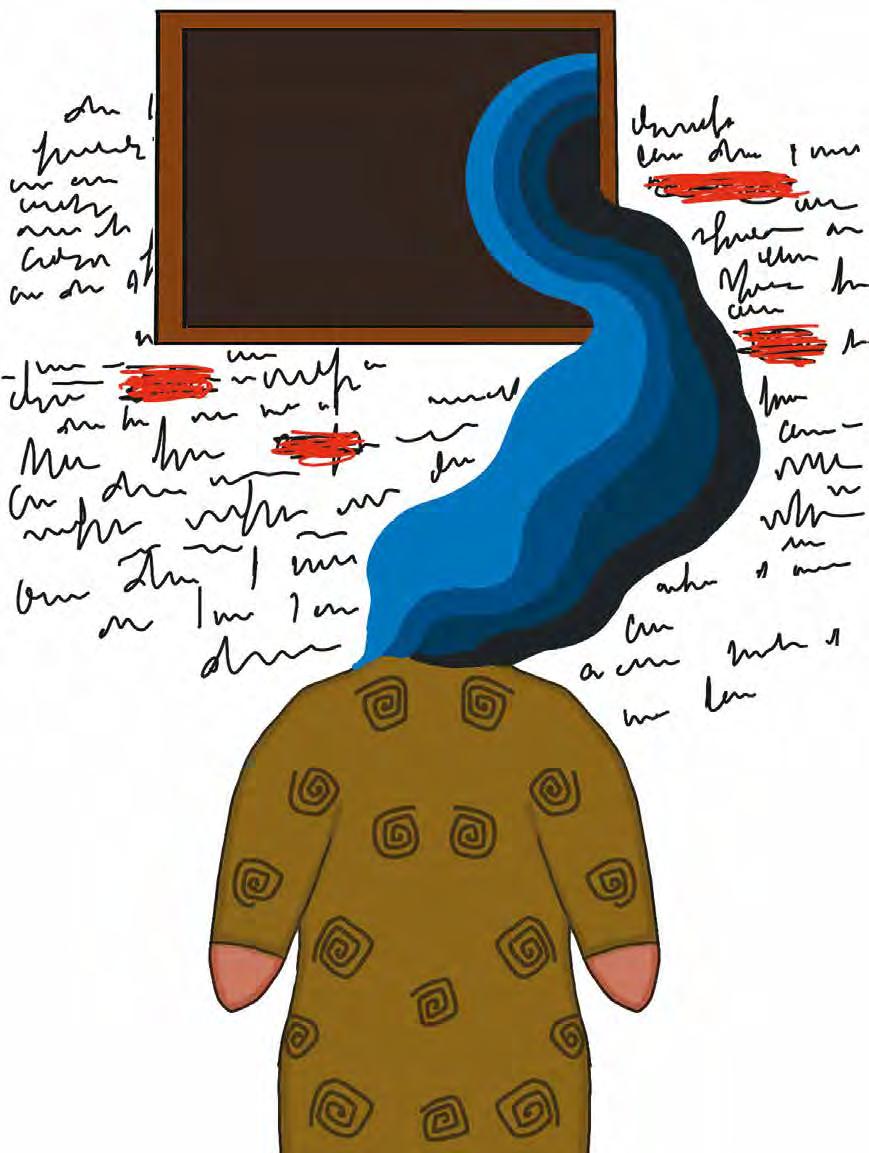
“THE night of the sword and the bullet was followed by the morning of the chalk and the blackboard.” Few sentences capture the ironic but inevitable sequence of the different stages of colonialism—the military violence of the battlefield followed by the psychological violence of the classroom. Hard and soft power in perfect symbiosis for Europe to control Africa.
These words by the Kenyan writer Ngũgĩ wa Thiong’o never fail in the classroom. So far, they have never failed in my teaching career—not in the years in North America where power is easily understood in terms of race relations, not here in India where power, status, and privilege are just as easily grasped as colonial inheritances from the Western world. I’ve often taught Ngũgĩ ’s powerful, polemical plea for the use of African languages in literary creation. It is one of the most vivid and incisive illustrations of the power of ideology—the soft power of religion, culture and education, as that has been pointed out by Marxist critics of the capitalist State. Leading among these critics is the French political philosopher Louis Althusser, whose essay on the ideological work of family, church, and education prepares the ground richly for the class’ understanding of the ideological invasion by European colonialism when we read Ngũgĩ ’s polemic.
Althusser is the creator of some of the most pointed and trenchant insights into power and control in the modern state and the free market. Althusser also killed his wife, the sociologist and activist Hélène Rytmann-Légotien—strangled her in a fit of depression, for which he was sent to the clinics, not to prison. How does one square these two facts with each other? And how do I feel teaching his works for so many years, writing about his ideas, sometimes taking recourse to them to articulate my own? A fatal agent of male violence on women, no matter what his mental state?
This story is from the {{IssueName}} edition of {{MagazineName}}.
Start your 7-day Magzter GOLD free trial to access thousands of curated premium stories, and 9,000+ magazines and newspapers.
Already a subscriber ? Sign In
This story is from the {{IssueName}} edition of {{MagazineName}}.
Start your 7-day Magzter GOLD free trial to access thousands of curated premium stories, and 9,000+ magazines and newspapers.
Already a subscriber? Sign In

Layers Of Lear
Director Rajat Kapoor and actor Vinay Pathak's ode to Shakespeare is an experience to behold

Loss and Longing
Memories can be painful, but they also make life more meaningful

Suprabhatham Sub Judice
M.S. Subbulakshmi decided the fate of her memorials a long time ago

Fortress of Desire
A performance titled 'A Streetcart Named Desire', featuring Indian and international artists and performers, explored different desires through an unusual act on a full moon night at the Gwalior Fort

Of Hope and Hopelessness
The body appears as light in Payal Kapadia's film

Ruptured Lives
A visit to Bangladesh in 2010 shaped the author's novel, a sensitively sketched tale of migrants' struggles

The Big Book
The Big Book of Odia Literature is a groundbreaking work that provides readers with a comprehensive introduction to the rich and varied literary traditions of Odisha

How to Refuse the Generous Thief
The poet uses all the available arsenal in English to write the most anti-colonial poetry

The Freedom Compartment
#traindiaries is a photo journal shot in the ladies coaches of Mumbai locals. It explores how women engage and familiarise themselves with spaces by building relationships with complete strangers

Love, Up in the Clouds
Manikbabur Megh is an unusual love story about a man falling for a cloud. Amborish Roychoudhury discusses the process of Manikbabu's creation with actor Chandan Sen and director Abhinandan Banerjee